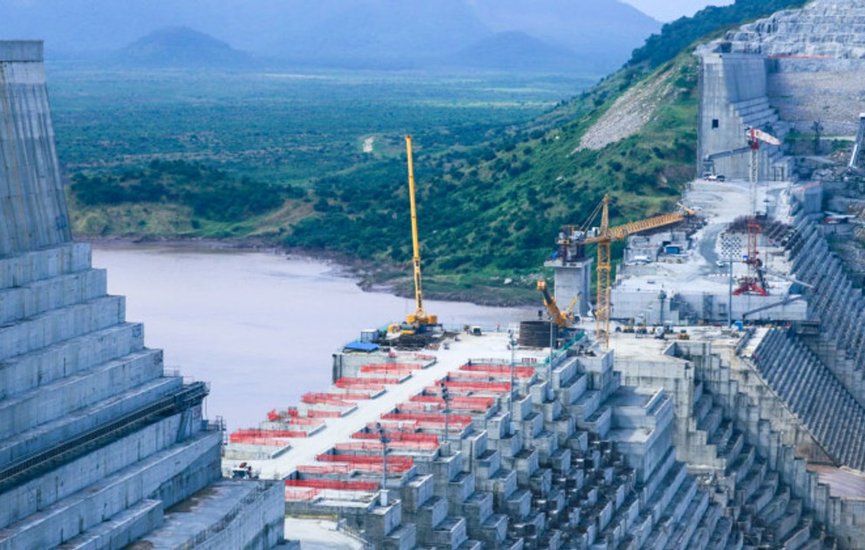The United States has signaled a significant shift in its approach to the long-standing dispute over Ethiopia’s Grand Renaissance Dam (GERD), offering support for a technical solution aimed at easing tensions with Egypt. The dam, which is Africa’s largest and a centerpiece of Ethiopia’s energy ambitions, has been a source of regional friction for over a decade. Egypt and Sudan have repeatedly expressed concerns about its potential impact on downstream water flow, fearing reduced access to the Nile’s vital resources. Ethiopia, on the other hand, views the GERD as a transformative project that will double its electricity capacity and drive economic development.
In a recent interview, Massad Boulos, Senior Adviser to U.S. President Donald Trump on African, Arab, and Middle Eastern Affairs, emphasized that the GERD issue should be resolved through technical means rather than political pressure. This statement marks a departure from previous U.S. positions that leaned more heavily toward Egypt’s concerns, signaling a more balanced and pragmatic stance. The new approach reflects Washington’s intent to encourage engineering-based solutions, such as data sharing and coordinated water management, that could help all parties reach a sustainable agreement.
The GERD, located on the Blue Nile, boasts a reservoir capable of holding 74 billion cubic meters of water and spans an area larger than London. Its sheer scale has made it a symbol of national pride for Ethiopia, but also a flashpoint for diplomatic tension. Egypt, which relies almost entirely on the Nile for agriculture and daily consumption, fears that the dam could significantly reduce its water supply. Sudan has also voiced concerns about the dam’s regulation mechanisms and potential safety risks, particularly during periods of heavy rainfall or drought.
The U.S. endorsement of a technical fix introduces a new dynamic into the negotiations, potentially paving the way for renewed dialogue focused on practical solutions rather than political confrontation. This development could help de-escalate hostilities and foster a cooperative framework that respects the interests of all stakeholders. While the path forward remains complex, the shift in U.S. policy offers a glimmer of hope for resolving one of Africa’s most sensitive and consequential water disputes. The coming months will be critical in determining whether this new approach can translate into lasting diplomatic progress and regional stability.
